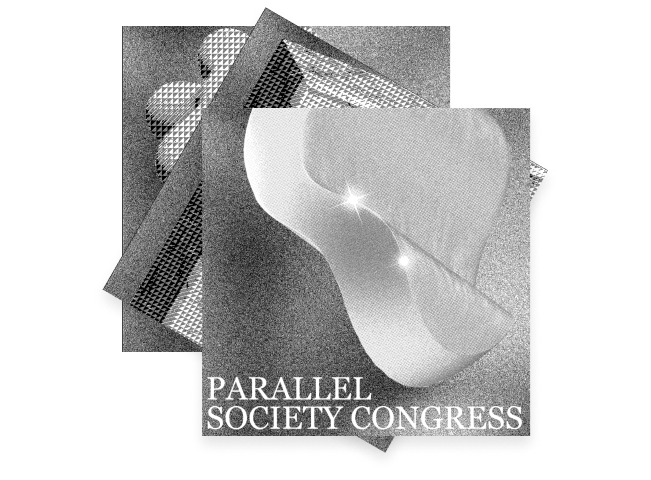
From Offline to Online Piracy: A Genealogy of Logos
Considering the origins of Logos, the rationale behind each protocol of its technology stack, and its potential to reshape the social order
As nation states lose their grasp, innovation emerges to imagine alternatives. Tap into the next wave of leaders, builders, and pioneers on the most important frontier of all. Expect activations, talks and workshops on building network states, pop-up communities, charter cities, decentralised governance and the technology that sustains it.
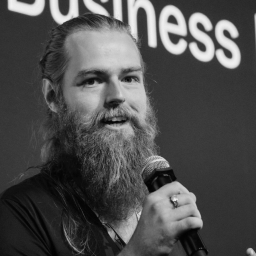
Organisational Designer & Business Manager
DeepWork
Andrej Berlin is an expert in web3-native business management and organisational design. He is the creator of the decentralised design firm and organisational consultancy Deep Work, with 10 years of experience from over 100 different organisations, services, and products.
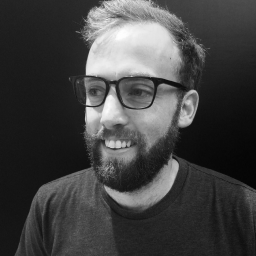
Founder
build_cities
Angelo Alessio is the founder and protocol architect at build_cities, a protocol for economic development. Prior to build_cities, Angelo was a Director of Product at Acorns following an acquisition of his previous company Harvest, which automatically negotiated bank fees for consumers using AI. Before Harvest and Acorns, Angelo consulted for various startups in the product and growth domains. Angelo holds an MBA from New York University and is an army veteran.
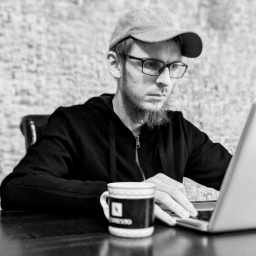
Full Stack Engineer
Codex
Arnaud Deville is a full-stack developer with 12 years of experience in a variety of programming languages, including TypeScript, JavaScript, React, and Go. Currently, he is part of the Institute of Free Technology, working on the Codex project as a full-stack developer for the website and the protocol's marketplace component. Over the past decade, he has contributed to various sectors, dedicating three years to health projects and four years to education. His most recent engagement was in fintech, where he worked on developing an alternative currency system based on gold.

Product Strategy
Codex
Aqeel Mohammad is a product strategist and designer focused on leading market adoption for emerging technologies and democratising their production. Currently, he is a contributor at the Institute of Free Technology, working on the Codex project.
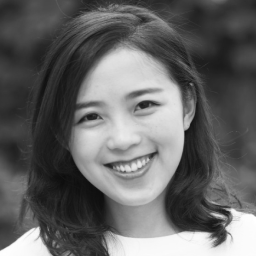
Founder
Shan Hai Woo, DRK Lab
Audrey Tang founded DRK Lab, which actively supports blockchain public goods development through grants and support for research and developer communities. It also fosters Web3 industry growth through initiatives like the Shanhaiwoo community and has launched the Web3 Young Scholars Program and Web3 Scholars Conference to drive industry development and collaboration among scholars, researchers, and practitioners. Audrey has over eight years of experience in the blockchain industry and draws on a background in investment, project strategy, ecosystem development, and brand expansion.
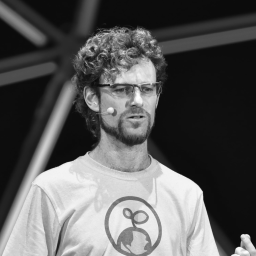
Director
Funding the Commons
A four-time founder, David Casey enjoys working at the ecosystem level to engineer systemic change and currently is a Director at Funding the Commons, which aims to accelerate blockchain-based public goods funding. In 2013, David became interested in blockchain technology's utility for cross-border payments within one of his own companies. By 2015, he deployed his first blockchain-based asset using Bitcoin’s Colored Coins protocol. Within the blockchain industry, David has worn multiple hats, including roles as a founder and CEO.
Parallel Society Congress
The first Parallel Society Congress is an invitation to discuss some of the most pressing questions we face as a civilisation. What will succeed the waning 400-year-old nation-state technology? How can we unlock the value latent in inefficient governance and its institutions? Is this how crypto can live up to its initial promise?
Inspired by Eastern European dissidents living under repressive regimes, instead of fighting a rigged system head-on, we are creating state-of-the-art technology, alternative media, autonomous physical communities, and parallel educational institutions that operate independently of centralised authorities – protecting human societies through technology and innovation.
To support this nascent coalition, our partners will host activations, talks, and workshops. Join us at the bleeding edge to build free and prosperous alternatives for humanity.
Read more
Logos
Logos is a cultural movement to reimagine the future of human governance beyond the nation state. Rooted in the blockchain revolution, Logos is building a decentralised, politically neutral technology stack that supports the creation of parallel institutions and self-sovereign digital communities.
Our vision is to bring greater freedom and prosperity by providing the next generation of governing services, public goods, and social institutions to anyone with an internet connection.
Read our Manifesto for a deeper dive into our ideals and technology.
Read more
Do you have an alternative governance project you want to share with aligned and empathetic thinkers? Do you need collaborators, feedback, or just a forum to hone your pitch?
Following our open-source principles, Parallel Society Congress offers a space for lightning talks. The goal is to spotlight innovative teams pushing the frontier of the post-nation-state movement.
We welcome projects in any stage of development from the following areas: cyberstates / network states, charter cities, pop-up communities, SEZs, special administrative zones, network nations, decentralised governance, or the technology needed to support any of the above.
You can present a pitch, a new feature of an established initiative, a project overview, or just a promising idea. Apply below and come share your vision with the community.
Presentations by:
Liberland
Zuitzerland
Gelephu Mindfulness City
RegistryChain
Zu-grama
4Seas

Considering the origins of Logos, the rationale behind each protocol of its technology stack, and its potential to reshape the social order

In this paper, we introduce Kleros, a decision-making protocol which uses blockchain and crowdsourcing for adjudicating claims.
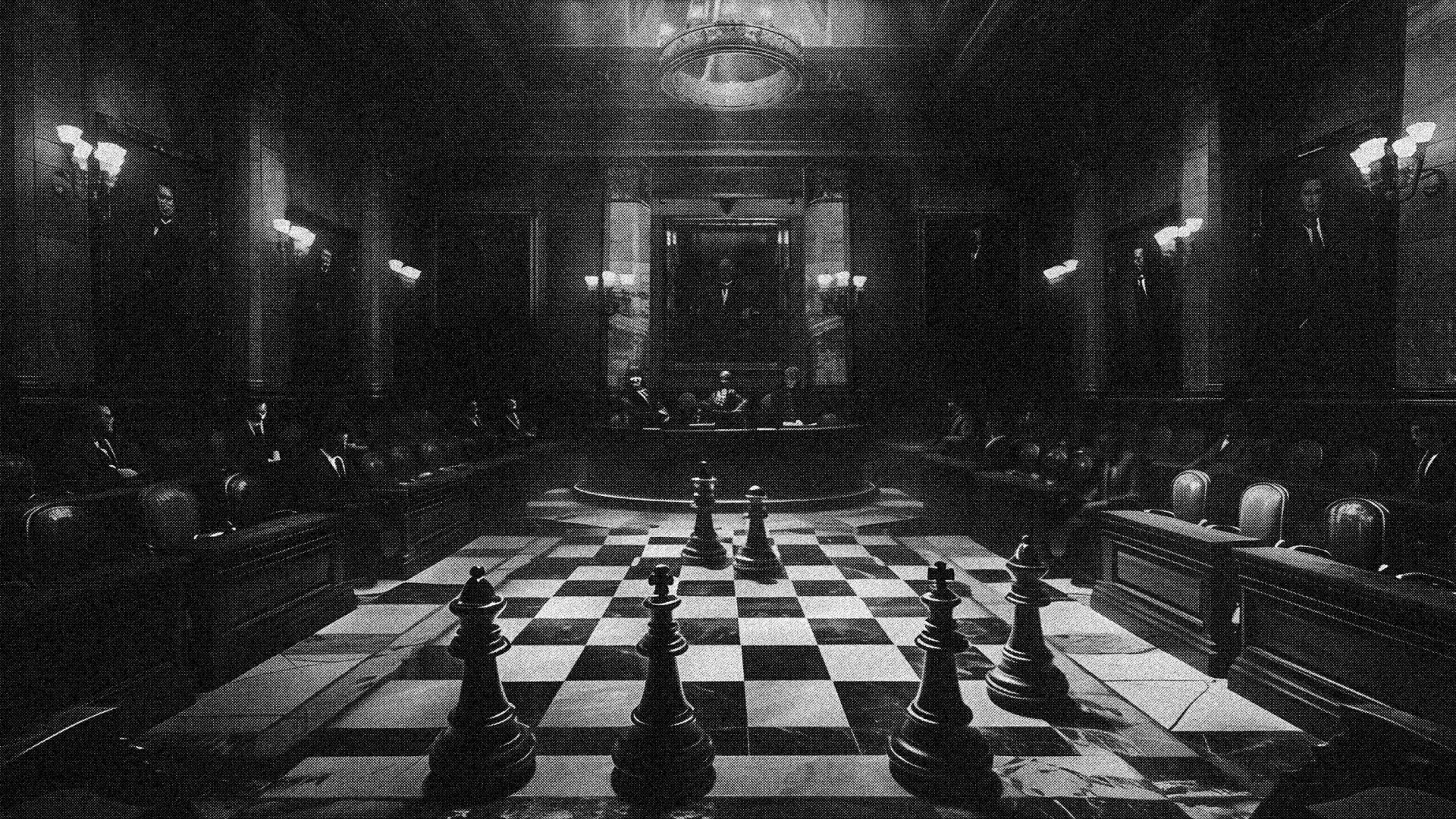
Polycentric law simply extends that observation from commercial services to government ones. Just as competition makes life better for those who seek banking, cleaning, and pet care services, it can benefit those seeking fair and efficient legal systems.

Adhering to our principles is not an easy route, but it is necessary for ethically building public goods

